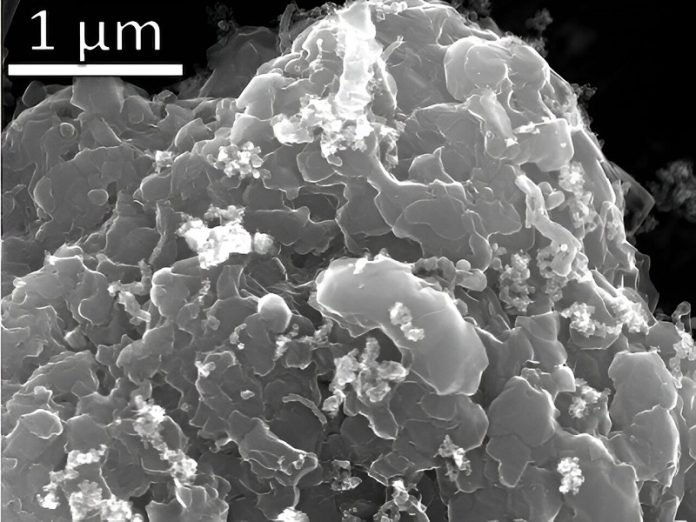
Scientists at Rice University have found an amazing way to deal with two big problems we face today: plastic waste and the need for clean energy.
What did they do? They discovered how to turn trashy plastic into valuable hydrogen gas and something called “graphene.”
Both of these can be very useful and could even be sold for a lot of money.
We use hydrogen for many things, including making green energy. But usually, making hydrogen causes pollution or is very expensive.
What these researchers have done could change all that.
They say if they sell the graphene they make at a super discounted rate—like a 95% off sale—then they could produce clean hydrogen for free!
Right now, we use a lot of hydrogen that is made from fossil fuels like oil and gas. This process, called “gray” hydrogen production, gives off a lot of carbon dioxide, which is bad for our planet. It’s like adding more logs to the fire of climate change.
James Tour, a professor at Rice University, says this has to change. We can’t keep using fossil fuels to make hydrogen if we’re going to hit our target of zero emissions by 2050.
He’s referring to the global goal to stop sending harmful stuff into the air in order to slow down climate change.
So, how does this all work? It sounds like something out of a sci-fi movie!
The scientists take waste plastic, like the kind we toss into the trash, and heat it really, really fast. They call this “flash Joule heating.” The heat reaches up to a blazing 3,100 degrees Kelvin (that’s over 5,000 degrees Fahrenheit).
This extreme heat makes the hydrogen in the plastic turn into vapor, or gas. What’s left is graphene, a super-strong and lightweight material made from carbon. Kevin Wyss, who led this research, said they could get a lot of hydrogen gas this way. For example, they could recover up to 68% of the hydrogen from plastics like polyethylene, which is a common type of plastic.
At first, they didn’t know what kinds of gases they were making from the plastic. But with special equipment, they figured out that they were making hydrogen gas that is 94% pure. That’s a lot!
Kevin Wyss feels that this discovery is a big deal. The tools and methods he used in this project, like life-cycle assessment and gas chromatography, will help in other research projects too.
So, what does this mean for us? It means we might have found a super-smart way to turn our trash into something valuable.
It can help us fight against the climate crisis and also deal with the plastic waste that’s choking our oceans and landfills. It’s like hitting two birds with one stone—or rather, turning two problems into solutions!
The study was published in Advanced Materials.
Follow us on Twitter for more articles about this topic.



